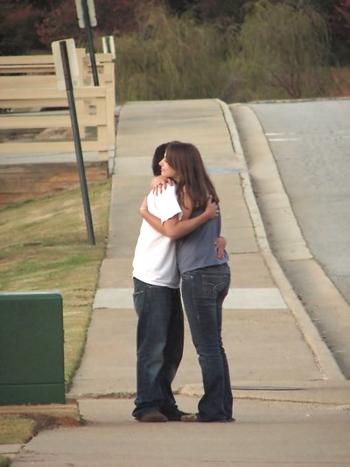The Breath of Life: How Do You Feel About Yourself?
Do you like yourself? How do you feel about yourself? How do you view yourself? In the eyes of those around you? Your peers? Your family members? Your employers and the other authority figures in your life? In the eyes of your Lord Jesus Christ?

Personally, for as long as I could remember, I had dwelt beneath a shadow of deep inner shame. Shame that whispered in my ear, tortuously accusing me with words such as, “You are dirty; you are worthless and deserving of punishment; you are unlovable and warrant no merit in this world.”
Proverbs 23:7 teaches us that, For as he thinks in his heart, so is he [Amplified Bible]. Like the leper in Luke 5:12, I knew (or so I thought) that I was unclean. However, unlike the leper in Luke 5, I had no idea that Jesus could make me clean, and that He desired to do so. I was lost in a deep ocean of deceit with the waves of false belief tossing me against the sharp and slippery rocks created by the lies of the enemy – Satan – along with many falsehoods from my past without God. Furthermore, I was being dragged beneath the dark surface by the undertow of lack of knowledge:
The Breath of Life: How Do You Feel About Yourself? Read More »









